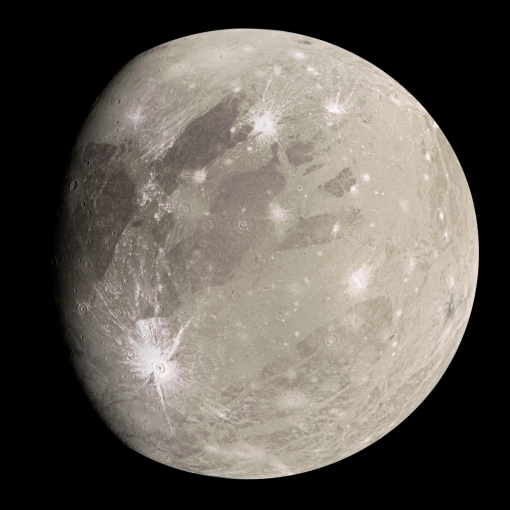Free Courses Sale ends Soon, Get It Now


Free Courses Sale ends Soon, Get It Now



Disclaimer: No Copyright infringement intended.
Context
Details
https://www.sciencedaily.com/releases/2021/07/210726132125.htm
© 2024 iasgyan. All right reserved